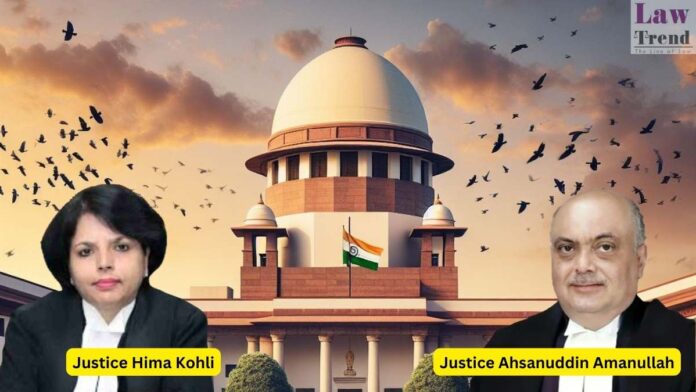In a significant judgment delivered on August 22, 2024, the Supreme Court of India addressed the legal implications of non-stigmatic termination of a contractual employee. The Court set aside the order of the Division Bench of the Madhya Pradesh High Court and reinstated the Single Judge’s decision that had quashed the termination of Swati Priyadarshini,
To Read More Please Subscribe to VIP Membership for Unlimited Access to All the Articles, Download Available Copies of Judgments/Order, Acess to Central/State Bare Acts, Advertisement Free Content, Access to More than 4000 Legal Drafts( Readymade Editable Formats of Suits, Petitions, Writs, Legal Notices, Divorce Petitions, 138 Notices, Bail Applications etc.) in Hindi and English.




